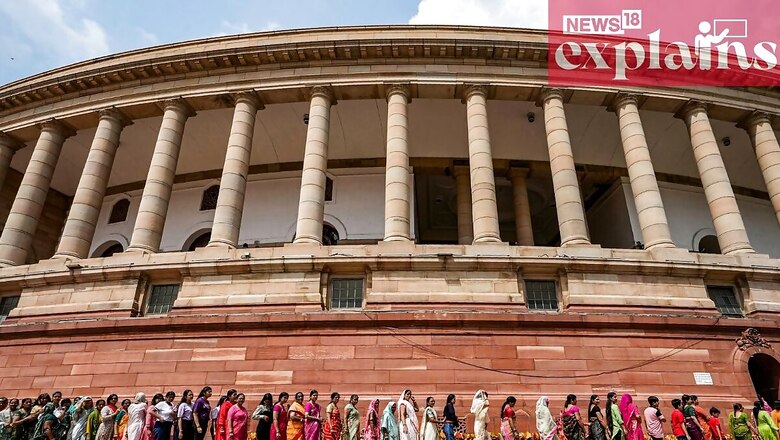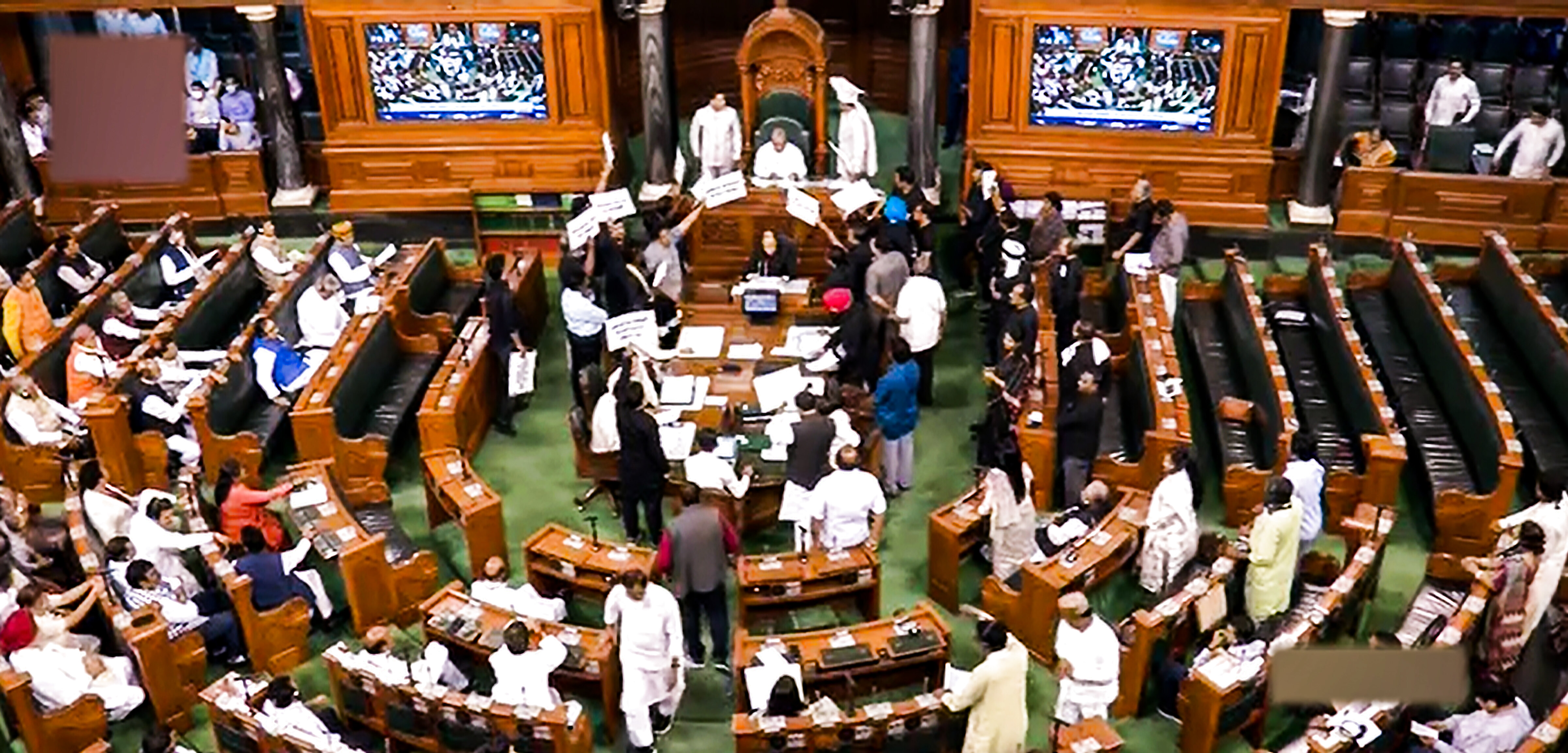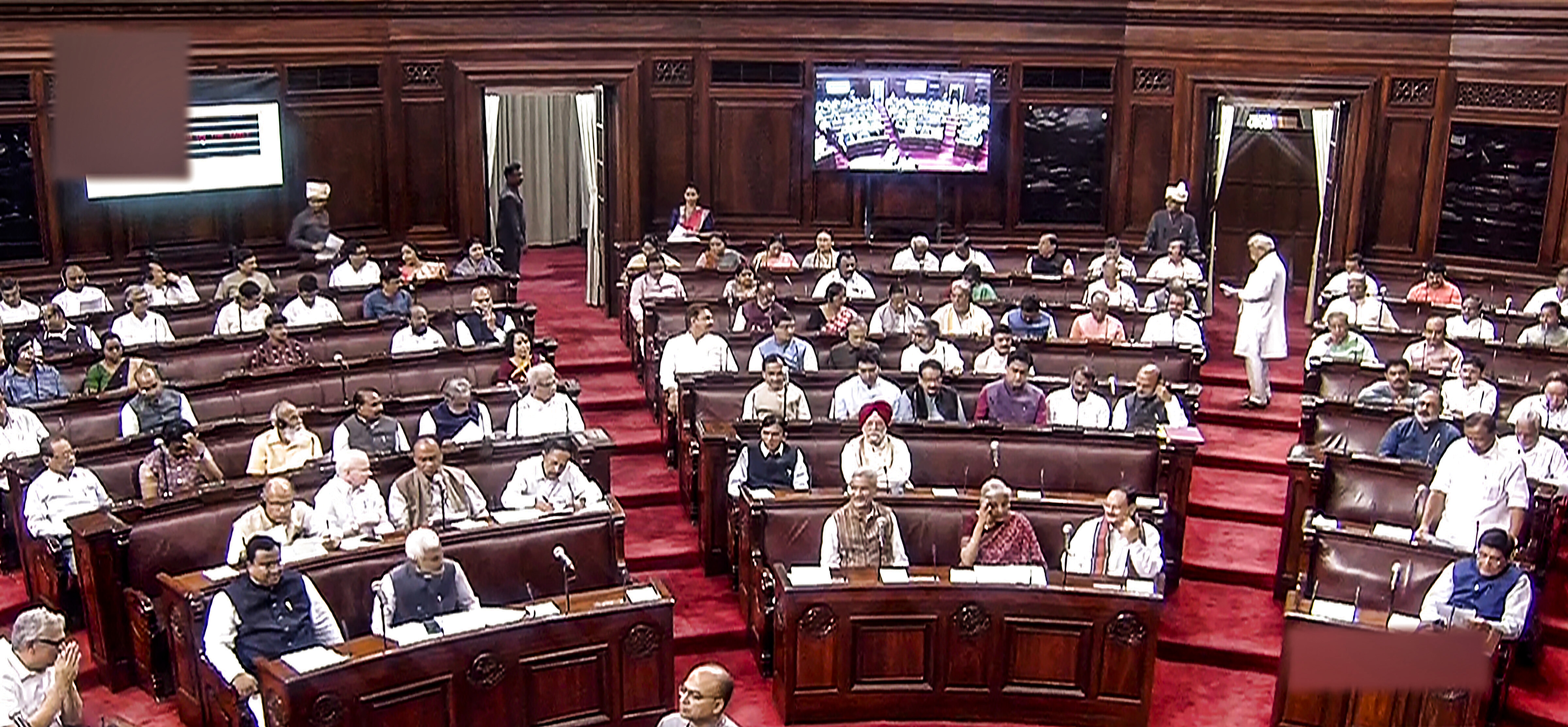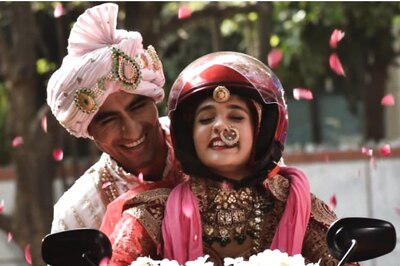
views
The Parliament is governed by prescribed rules and discipline so that the decorum of the House is maintained. While the Members of Parliament enjoy certain rights and immunities, there are a set of rules that ensure that there is no violation of the privilege of the members or use of unparliamentary expressions.
In light of this, the article explains two parliament terms: breach of privilege and expunging.
What is Breach of Privilege?
Before getting into the details of breach of privilege, let’s understand the term Parliamentary privilege. It refers to rights and immunities enjoyed by Parliament as an institution and by the Members of Parliament in their individual capacity, without which they cannot discharge their functions given under the Constitution.
Articles 105 and 194 of the Constitution deal with these powers, privileges and immunities. For example, a member is exempt from any legal action for things said or for vote given in Parliament. The object of this protection is to enable an MP to speak their mind freely and fearlessly.

Therefore, the breach of privilege is a violation of any of the privileges of the MPs of the Parliament. The action is a punishable offence and can be taken against an individual or authority disregarding or undermining a parliamentary privilege.
The breach of privilege can include publishing of news items, editorials or statements made in public forums like newspaper, magazine, TV interviews or in public speeches.
What Happens in Case of Breach of Privilege?
Parliament is the sole authority to determine as to what constitutes breach of privilege and contempt. A member of the House can raise a question involving a breach of privilege with the consent of the Speaker of the House and if he gives consent, the Council can either consider the question and come to a decision or refer it to the Committee of Privileges, which is a 10-member panel in the Rajya Sabha and a 15-member panel in the Lok Sabha.

The authority to decide the punishment lies with the House. A person found guilty of breach of privilege or contempt of the House may be punished either by imprisonment, or by admonition or warning or reprimanded. In cases where a member of the house is found guilty, the MP can be suspended from the House or face expulsion.
What is Expunction?
The Article 105(2) of the Constitution says that “no member of Parliament shall be liable to any proceedings in any court in respect of anything said or any vote given by him in Parliament or any committee thereof…”
Therefore, expunction means removal from the records of Parliament a word or portion or the entire speech delivered by a member in the House. According to the General Rules of Procedure of Parliament, “If the Chairman is of opinion that a word or words has or have been used in debate which is or are defamatory or indecent or unparliamentary or undignified, he may in his discretion, order that such word or words be expunged from the proceedings of the Council.”
The expunction ensures that the members of Parliament do not use “defamatory or indecent or undignified or unparliamentary words” inside the House.
According to a report in The Indian Express, the Lok Sabha Secretariat has brought out a bulky volume of ‘Unparliamentary Expressions’, contains words or expressions that would likely be kept out of Parliament’s records.


















Comments
0 comment